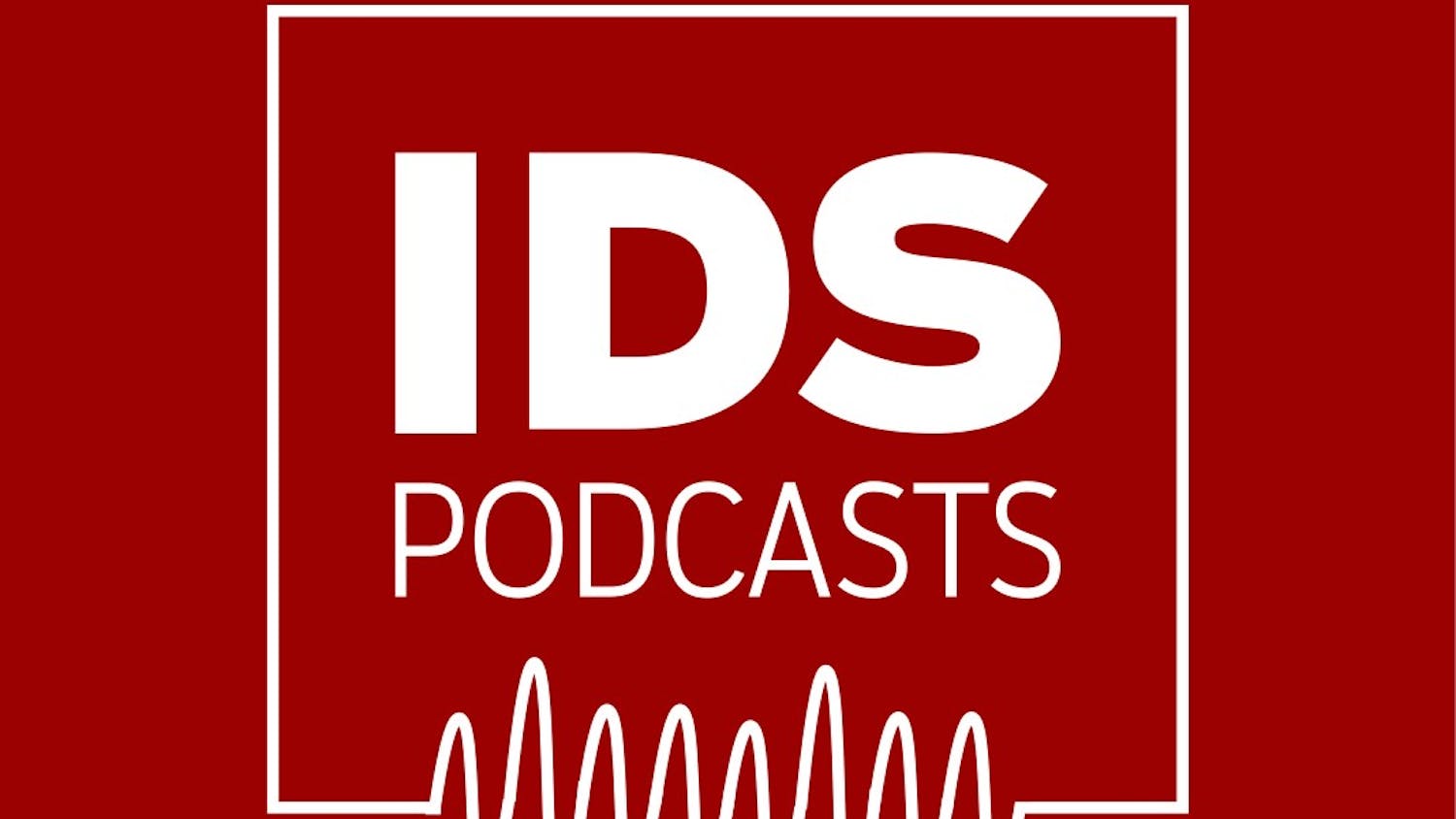Donors and candidates spent about $5.2 billion on the 2012 election, a figure that shattered previous spending records, according to nonpartisan research group U.S. PIRG and Demos.
A contributing factor to the record-breaking figures, according to a report released by the public policy groups Thursday, is the presence of Super PACs and other powerhouse donors that stepped into the political spotlight after Citizens United v. Federal Election Commission was decided in 2010.
The report revealed details of campaign spending by all political parties for the 2012 election, which is the first presidential election since the U.S. Supreme Court determined it unconstitutional for the government to restrict political spending by organizations, corporations and unions.
As a result of the 2010 decision, it is now permissible for donors to give unlimited funds to outside groups for campaign purposes, which gave way to the Super PAC.
The U.S. PIRG and Demos report, which reveals figures from data sets analyzed by both groups between Dec. 14, 2012, and Jan. 7, examines total spending for the election cycle, as well as secret spending, Super PACs and candidate spending.
According to the report, the most recent figures exaggerate “the undue electoral power of wealthy individuals and specials interests.”
Outside spending, defined in the study as any spending not coordinated with a candidate or party affiliation but intended to influence a federal election, drastically increased in 2011 and 2012 in the wake of the “Citizens United” decision, the report outlines.
About $635 million, or 61 percent, of outside spending came from Super PACs, according to the report. It also said such groups didn’t exist prior to the Citizens United case, due to restrictions on election spending.
“We’re looking to stop the flow of money within politics,” said Taylor Hurt, IU freshman and INPIRG outreach coordinator for the Democracy Campaign.
She said such large election spending favors the opinions of those with money. Those unable to contribute are at a disadvantage, she said.
“If you’re running for president, would you listen to me, who’s giving $50, or the mega-donor that’s giving $50 million?” said Rachel Bond, INPIRG chapter secretary and Democracy campaign coordinator.
America is supposed to be a democracy where every vote counts, but mega-spending from certain individuals and organizations can drown out voices, said Bond, an IU senior.
“(This was) a very tense election,” Hurt said. “There were many issues people felt strongly about, and they were willing to spend the money.”
This discrepancy existed prior to the 2012 election, according to the report, but Super PACs exaggerated the issue.
“Now, a billionaire who wishes to help a friend, associate or ideological ally get elected to federal office can contribute an unlimited amount to a Super PAC,” according to the report.
The report also revealed congressional and presidential candidates from all parties spent a total of about $3.3 billion during the 2012 election cycle. About 67 percent of Senate candidate fundraising and 60 percent of House candidate fundraising came from individual donors.
A large proportion of those donations come from a fairly small group of wealthy donors. Of the nearly $500 million raised for Senate candidates, about 80 percent of donors contributed more than $200. About 60 percent gave more than $1,000.
“Our analysis has demonstrated that a small number of wealthy donors — contributing at levels far beyond what the average American can afford — are responsible for the vast majority of money in federal campaigns,” according to the report.
The public policy groups also proposed ways in which Americans can even the playing field when it comes to election fundraising.
Options include tightening restrictions on the relationship between Super PACs and candidates, which would require Super PACs to disclose basic information to the public, and amending the Constitution to make it legal to impose limitations on campaign contributions.
However, action must start with education, Hurt said.
Bond said INPIRG is planning movie screenings, panel speakers and other events to educate IU students.
“It starts with the people,” Hurt said. “Then, it works its way up until it gets to the top.”
Study: Super PACs exaggerate spending problems in election
Get stories like this in your inbox
Subscribe



